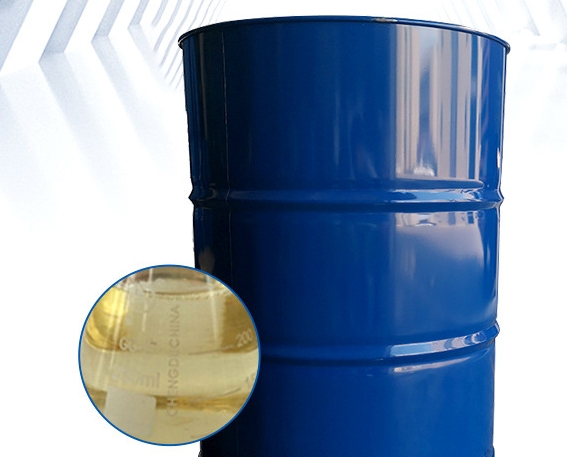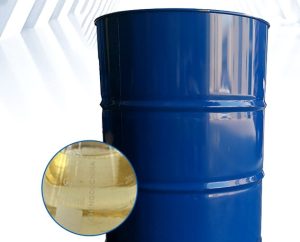Sodium Oleate: A versatile surfactant with numerous applications in various industries
Sodium oleate, or sodium oleate, is a versatile surfactant derived from oleic acid and sodium hydroxide. Sodium oleate is a substance that possesses unique properties like water solubility, biodegradability, and low toxicity, making it a popular choice in various industries such as personal care, textiles, and food. In this article, we will delve into sodium oleate’s properties, uses, and potential applications.
Properties of Sodium Oleate
Sodium oleate is a viscous, water-soluble liquid that is slightly yellowish. It has a greasy feel and a characteristic fatty odor. The surfactant is highly biodegradable, making it an environmentally friendly alternative to synthetic surfactants. Additionally, sodium oleate is considered safe for use on the skin and has low toxicity even when ingested in large quantities.
Uses of Sodium Oleate
- Personal Care Products: Sodium oleate is widely used in products such as soaps, shampoos, and cosmetics. It acts as a surfactant, emulsifier, and thickener, helping to create a creamy texture and stable formulations. In addition, its moisturizing properties make it a popular ingredient in lotions and creams.
- Textile Industry: In the textile industry, sodium oleate is used as a softener, lubricant, and antistatic agent in fabrics. It imparts a soft hand feel to the material and improves its tactile properties. Sodium oleate is also used in the dyeing process to enhance the affinity of dyes to fibers.
- Food Industry: In the food industry, sodium oleate is employed as an emulsifier and stabilizer in processed foods. It enhances the texture and shelf life of dressings, sauces, and beverages and is also used to produce artificial dairy products such as margarine and cheese.
- Other Applications: Sodium oleate has several different applications including the production of non-ionic surfactants, agricultural chemicals, and as a phase-transfer catalyst in chemical reactions. It is also used in the leather and metalworking industries.
Potential Hazards of Sodium Oleate

Although generally considered safe, sodium oleate may irritate the skin and eyes in some individuals. It must be handled with caution to prevent any harm to sensitive tissues. Additionally, sodium oleate may undergo hydrolysis under acidic conditions, releasing free fatty acids that can irritate the stomach. Therefore, it should not be used if there is a possibility of gastric ulcer or other gastrointestinal disorders.
In conclusion, sodium oleate is a versatile surfactant with numerous applications in various industries. This substance has several unique properties, making it an appealing substitute for synthetic surfactants. For example, it dissolves well in water, is biodegradable, and has low toxicity. However, it’s essential to handle it with care to avoid potential skin and eye irritations, as well as gastric irritation, when exposed to acidic conditions.




